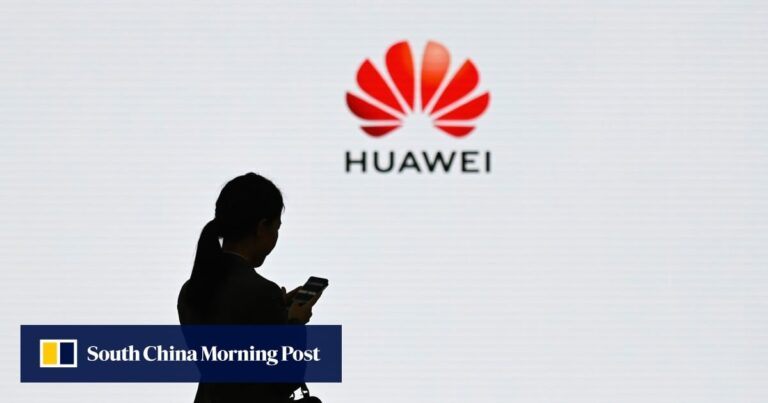The Commerce Department, which oversees U.S. export policy, said in May it had revoked “certain” licenses but did not disclose the names or number of affected suppliers, as first reported by Reuters, which reported at the time that Qualcomm and Intel’s licenses had also been revoked.
“Since the beginning of 2024, (the Department of Commerce) has revoked eight additional licenses involving Huawei,” the department said in a statement in response to questions from Republican Rep. Michael McCaul.
According to the document, the license approvals for Huawei include “low-technology components for mass-market consumer products such as exercise equipment, office furniture, and tablet touchpads and touchscreen sensors,” which are widely available in China from domestic and overseas suppliers, the Commerce Department said.
Huawei and Qualcomm did not respond to requests for comment. Intel declined to comment. A spokesman for the House Foreign Affairs Committee, which McCaul chairs, said it received the data on Tuesday and was reviewing it.
The details shed new light on steps the Biden administration is taking to rein in Huawei as the company begins to make a comeback despite Washington’s efforts to undermine it on national security grounds. Huawei denies it is a security risk.
Huawei was placed on a US trade-restricted list in 2019 over concerns it may be spying on Americans, meaning its suppliers must get special, hard-to-obtain licenses before shipping.
But thanks to policies put in place by the Trump administration that allow a much broader range of items to flow to the company than typically seen in publicly traded companies, Huawei’s suppliers have received billions of dollars’ worth of licenses to sell the company’s products and technology.
The summary also states that from 2018 to 2023, the department approved licenses worth $335 billion out of a total of $880 billion in applications for licenses to sell to Chinese parties on the Entity List.
The agency added that $222 billion worth of those approvals were received in 2021, President Biden’s first year in office, and were among the $560 billion in applications accepted that year.

